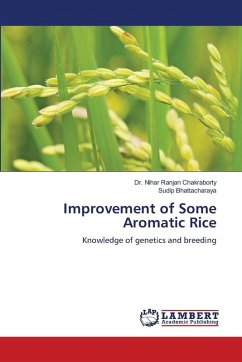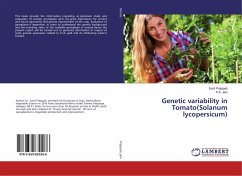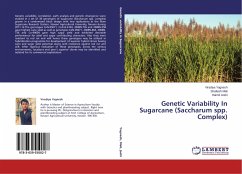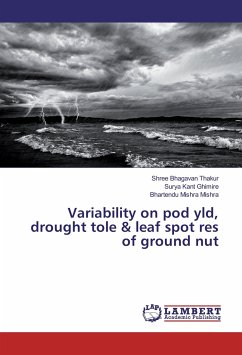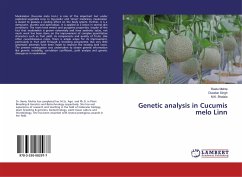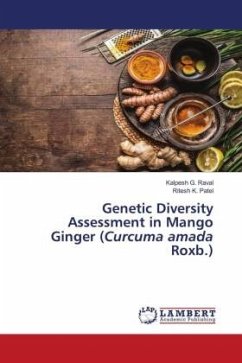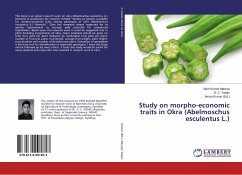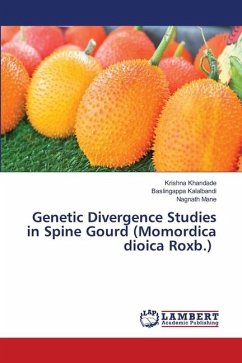Twenty eight aromatic rice genotypes were grown in a randomized complete block design with three replications for two kharif seasons. Information on sixteen quantitative characters analyzed biometrically. The estimates of genetic variability indicated the predominance of additive gene action for the expression of characters. The result of path analysis indicating that selection for important characters which will help improve grain yield in the population under study. Studies on genetic divergence revealed that all 28 genotypes could be grouped in to 5 clusters. The clustering pattern of genotypes indicated little relation of genetic divergence with geographical differentiation. Considering genetic divergence, relative importance of characters in determining the yield in this particular population and per performance of the genotypes as well as cluster means, crossing between the intra-cluster genotypes are most likely to yield a considerable amount of hetrosis in F1 generation and to provide a wide spectrum of recombinants in segregating generations.
Bitte wählen Sie Ihr Anliegen aus.
Rechnungen
Retourenschein anfordern
Bestellstatus
Storno

